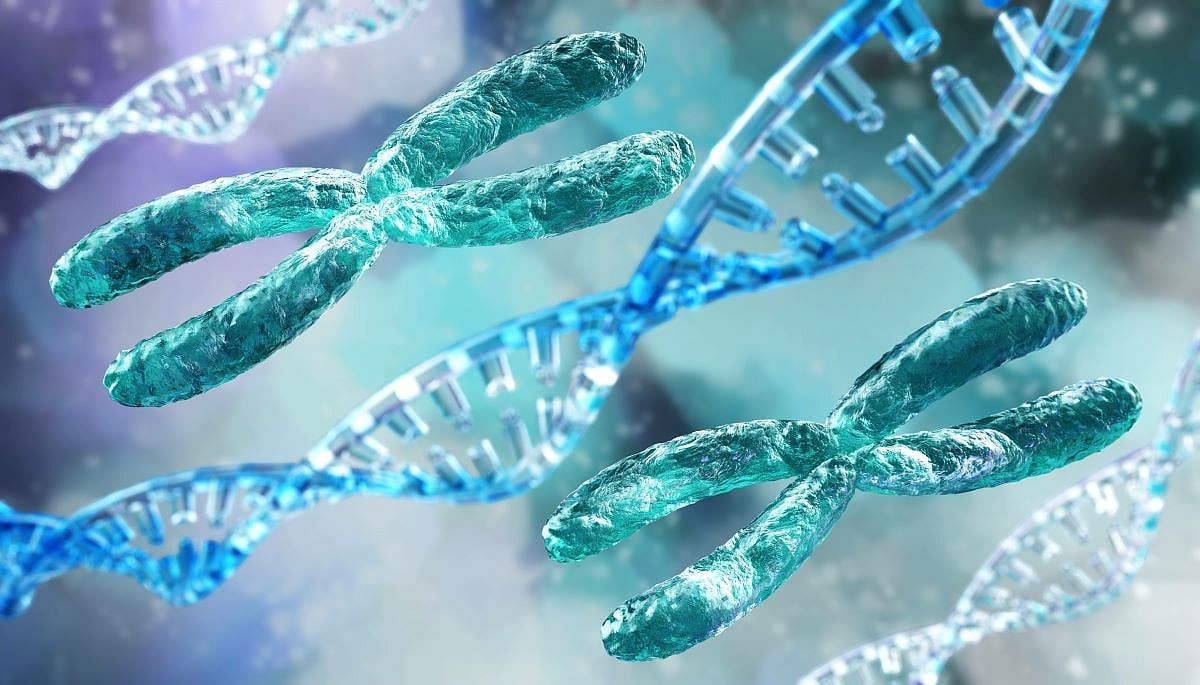Submit your contact info here or click the "Contact me about Sync" button below and we will reach out to you with more information.
Get Healthy!

- Dennis Thompson
- Posted July 19, 2024
Too Many Breast Cancer Survivors Miss Out on Genetic Screening
Many breast cancer patients aren’t getting genetic counseling and testing that could help them get the most effective treatment, a new study finds.
Only three-quarters of patients eligible for genetic testing after their breast cancer diagnosis actually received it, researchers reported July 15 in the Journal of Clinical Oncology.
Further, just over half of breast cancer survivors eligible for testing during follow-up care received a genetic screening.
“Our findings support a rapidly growing movement to simplify clinical guidelines to increase access to genetic testing and clinical impact of the results after diagnosis and into survivorship,†said lead researcher Dr. Steven Katz, a professor of internal medicine and of health management and policy at the University of Michigan.
Certain genetic mutations can increase a woman’s risk for breast cancer, the American Cancer Society says. The best-known are BRCA gene mutations, which cause 5% to 10% of breast cancers and for which specific treatments have been developed.
Genetic tests can help guide treatment, as well as follow-up care and screening, researchers said. The results can also be used to warn other family members of potential increased risk for cancer.
For this study, researchers surveyed more than 1,400 women at seven months and at six years after they were diagnosed with early-stage breast cancer.
The team found many women aren’t getting the gene testing for which they’re eligible, both at diagnosis and following treatment.
“Genetic risk evaluation and testing can fall through the cracks during survivorship as patients’ needs for ongoing treatments, managing the side effects of treatments and monitoring for recurrence or progression grow,†senior researcher Lauren Wallner, an associate professor of internal medicine and epidemiology at Michigan, said in a university news release.
At the same time, about a third of patients for whom genetic testing wouldn’t be recommended got it anyway, results showed.
There was some good news -- among those who got testing, nearly two-thirds who had a genetic variant reached out to family members to talk about their results, researchers said.
Results also showed that few people are interested in direct-to-consumer genetic tests, which are not as sophisticated as genetic testing and counseling at hospitals and clinics, researchers said.
More information
The American Cancer Society has more about genetic testing for breast cancer risk.
SOURCE: University of Michigan, news release, July 16, 2024







